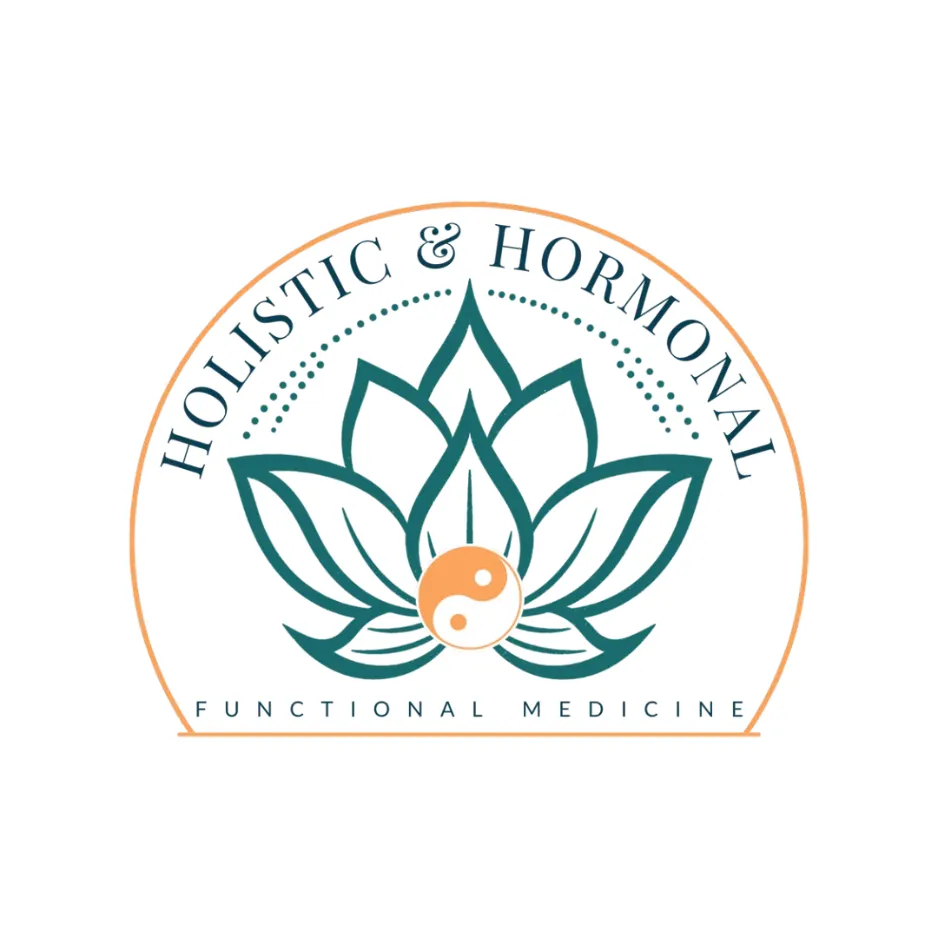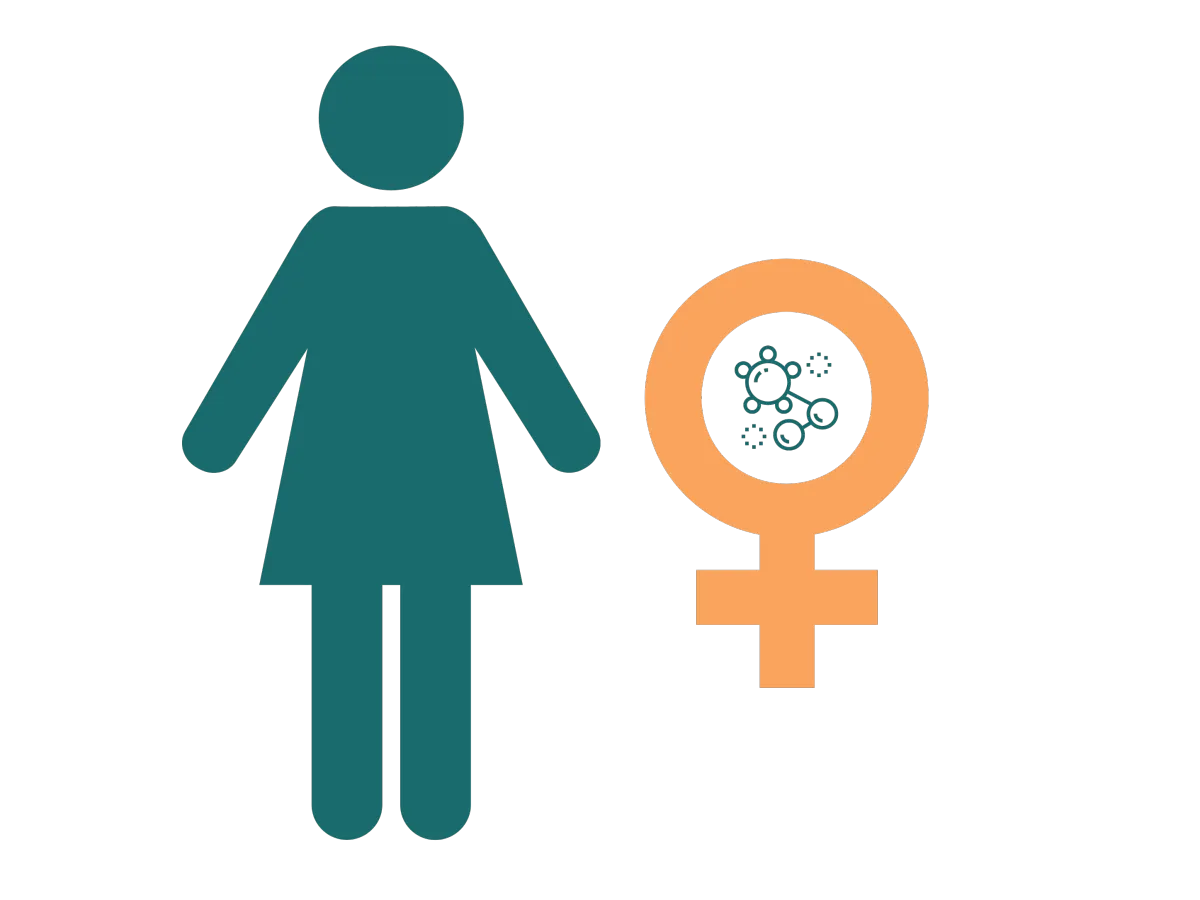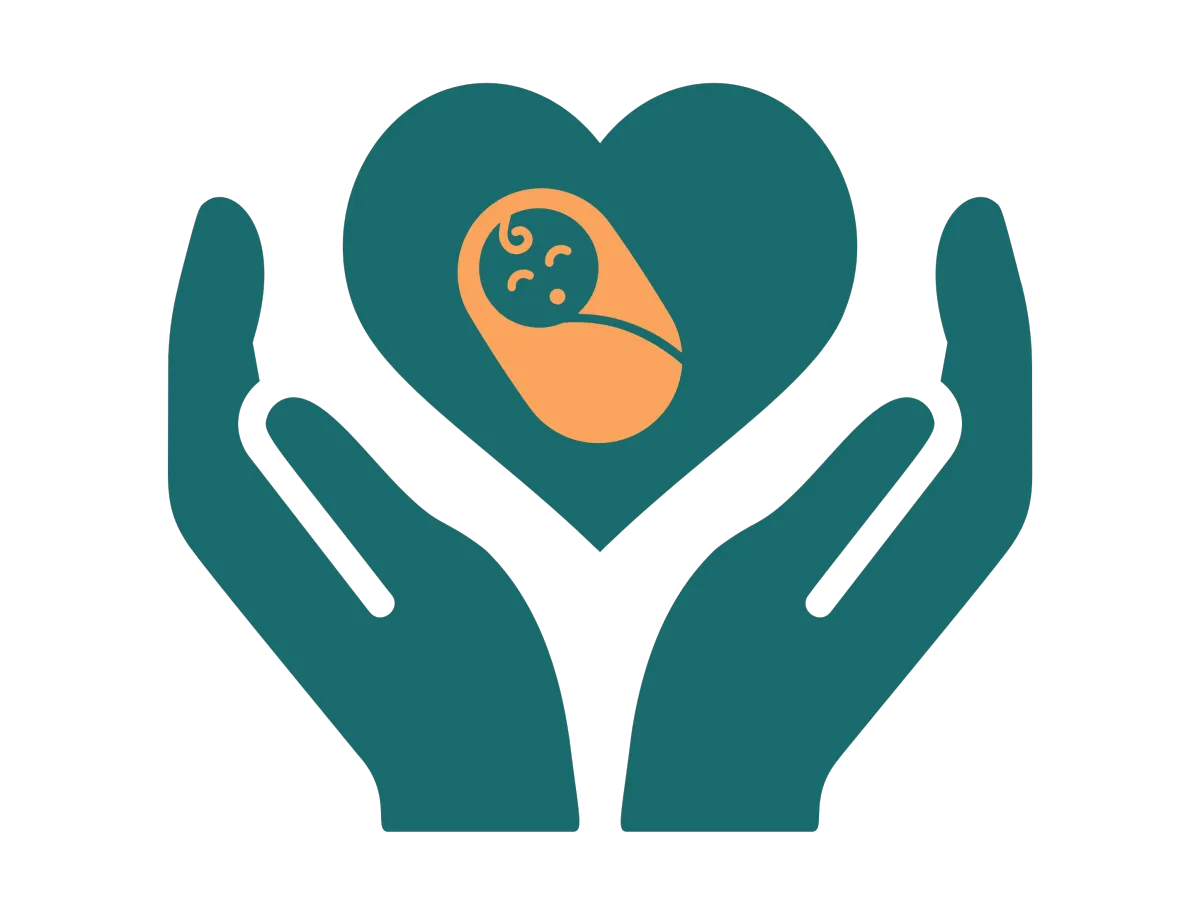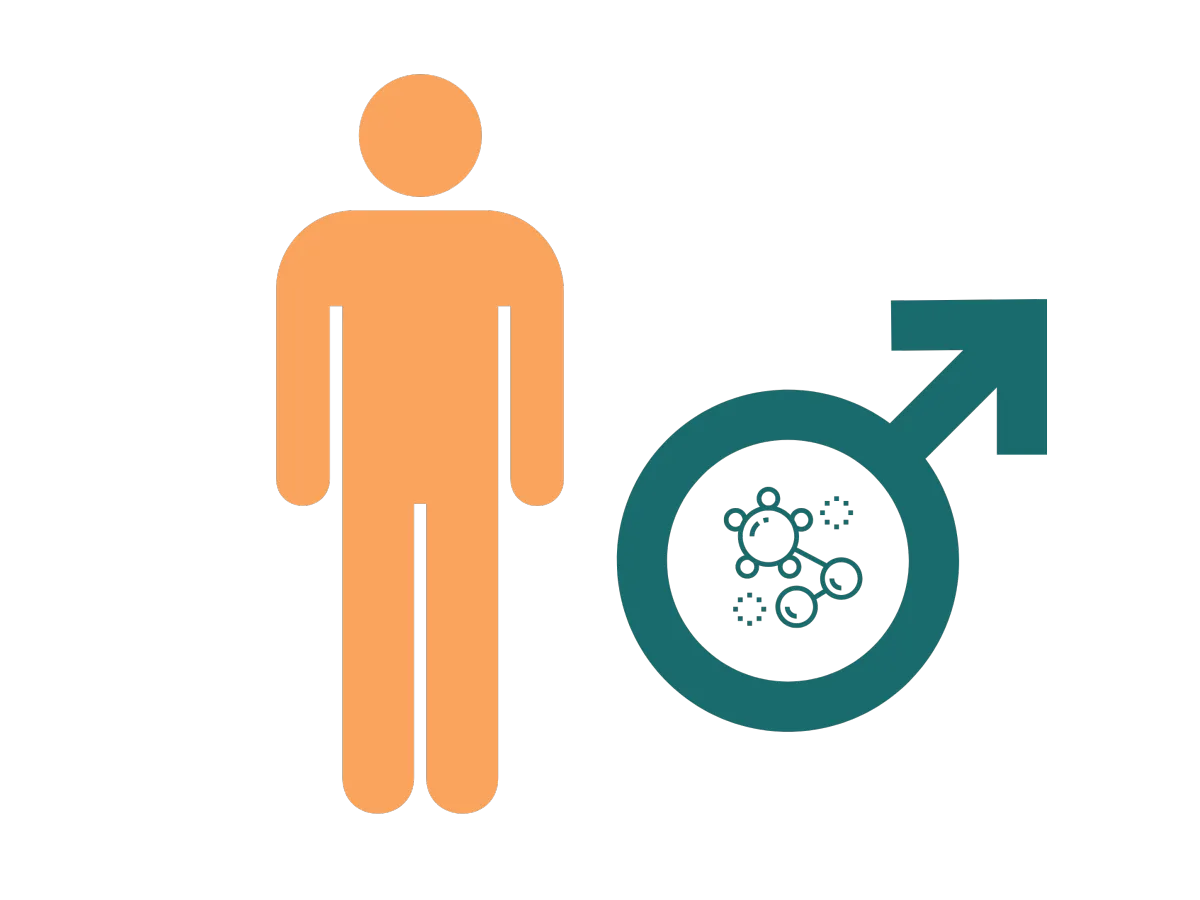
Healing Your Gut After Antibiotics: What Every Woman Should Know
Antibiotics have saved millions of lives, but they’re not without consequences.
If you’ve taken antibiotics and now struggle with bloating, fatigue, brain fog, or immune issues, your gut may be trying to tell you something.
Most antibiotics are non-selective. They don’t just kill off harmful bacteria—they wipe out the beneficial microbes that keep your digestive system, immune defenses, and even hormones in balance. For many women, this microbial reset creates a ripple effect that lingers long after the infection is gone.

The Gut: Your Inner Ecosystem
Your gut is home to trillions of microorganisms—bacteria, fungi, and more—that work together to support digestion, nutrient absorption, hormone conversion, and immune signaling. About 70% of your immune system is housed in this microbial community.
When this ecosystem is disrupted, everything from energy to mood can suffer.
What Happens to the Gut After Antibiotics?
Antibiotics can profoundly shift the microbial landscape in a matter of days. Here’s how that plays out in your body:
1. Gut Dysbiosis
Antibiotics often reduce the diversity of gut bacteria. This imbalance, called dysbiosis, has been linked to bloating, IBS, mood changes, leaky gut, and chronic inflammation.
2. Immune Disruption
Your good gut bacteria train your immune system to recognize threats. When those trainers are eliminated, your immune system becomes more reactive—and more vulnerable.
3. Opportunistic Infections
When beneficial microbes are eliminated, pathogens like Clostridioides difficile can take hold. Even mild dysbiosis can set the stage for chronic yeast or bacterial overgrowth.
4. Nutrient Gaps
Gut bacteria synthesize key nutrients like vitamin K2, biotin, and B12. An imbalanced gut may contribute to fatigue, poor metabolism, and brain fog.
5. Leaky Gut and Inflammation
Without microbial protection, the intestinal barrier weakens. Toxins and undigested proteins can enter the bloodstream, triggering systemic inflammation and food sensitivities.

6 Ways to Rebuild Your Gut After Antibiotics
Healing is possible—and your gut is more adaptable than you think. Here’s how to help it bounce back:
1. Probiotic Support
Probiotics reintroduce friendly bacteria and are especially useful after antibiotics.
Prioritize strains like Lactobacillus rhamnosus GG, Bifidobacterium lactis, and Saccharomyces boulardii.
Begin a few hours after your antibiotic dose.
Continue supplementation for 4–6 weeks or longer.
2. Feed Your Flora with Prebiotics
Prebiotic fibers fuel the good bacteria you want to regrow.
Try garlic, onions, leeks, asparagus, bananas, flaxseed, and oats.
Aim for variety to encourage microbial diversity.
3. Embrace Gut-Healing Foods
Food is your most powerful ally.
Bone broth: Rich in collagen to repair the gut lining.
Fermented foods: Yogurt, kimchi, sauerkraut, and kefir reintroduce beneficial microbes.
Omega-3s: Found in salmon, walnuts, and chia seeds to reduce inflammation.
Berries and green tea: Contain polyphenols that fuel healthy bacteria.
4. Consider Gut-Specific Supplements
L-Glutamine: Supports gut wall integrity.
Zinc carnosine: Promotes mucosal healing.
Vitamin D3: Essential for immune balance and intestinal function.
Digestive enzymes: Reduce bloating and support absorption during recovery.
5. Manage Stress
Cortisol disrupts gut function. Incorporate daily stress relief through:
Breathwork or meditation
Gentle movement like walking or restorative yoga
Sleep hygiene practices
6. Avoid Gut Irritants
Minimize processed foods, added sugars, NSAIDs, and alcohol while your gut rebuilds.
Do You Need Functional Testing?
If your symptoms persist weeks or months after antibiotics, it may be time to dig deeper. Functional medicine offers advanced testing such as:
Comprehensive stool panels to assess bacteria, inflammation, parasites, and enzyme activity
SIBO breath testing to uncover hidden overgrowth in the small intestine
Zonulin or intestinal permeability tests to evaluate for leaky gut
These tests can uncover root causes that traditional medicine often misses.
Reducing Future Antibiotic Use
The best gut recovery strategy? Avoid unnecessary disruption in the first place.
Support your immune system with nutrient-dense, anti-inflammatory meals
Stay hydrated, manage stress, and prioritize rest during illness
Only take antibiotics when necessary—and always finish the full course
You Deserve a Healthy Gut—and a Clear Plan
Antibiotics are a powerful tool, but so is your body's ability to heal. With the right strategies, you can restore balance, rebuild your microbiome, and reclaim your energy, digestion, and focus.
If you’re ready to explore hormone testing, personalized menopause support, and root‑cause solutions tailored to life in New Hampshire, please visit https://holisticandhormonal.org/ to book your free consultation.











